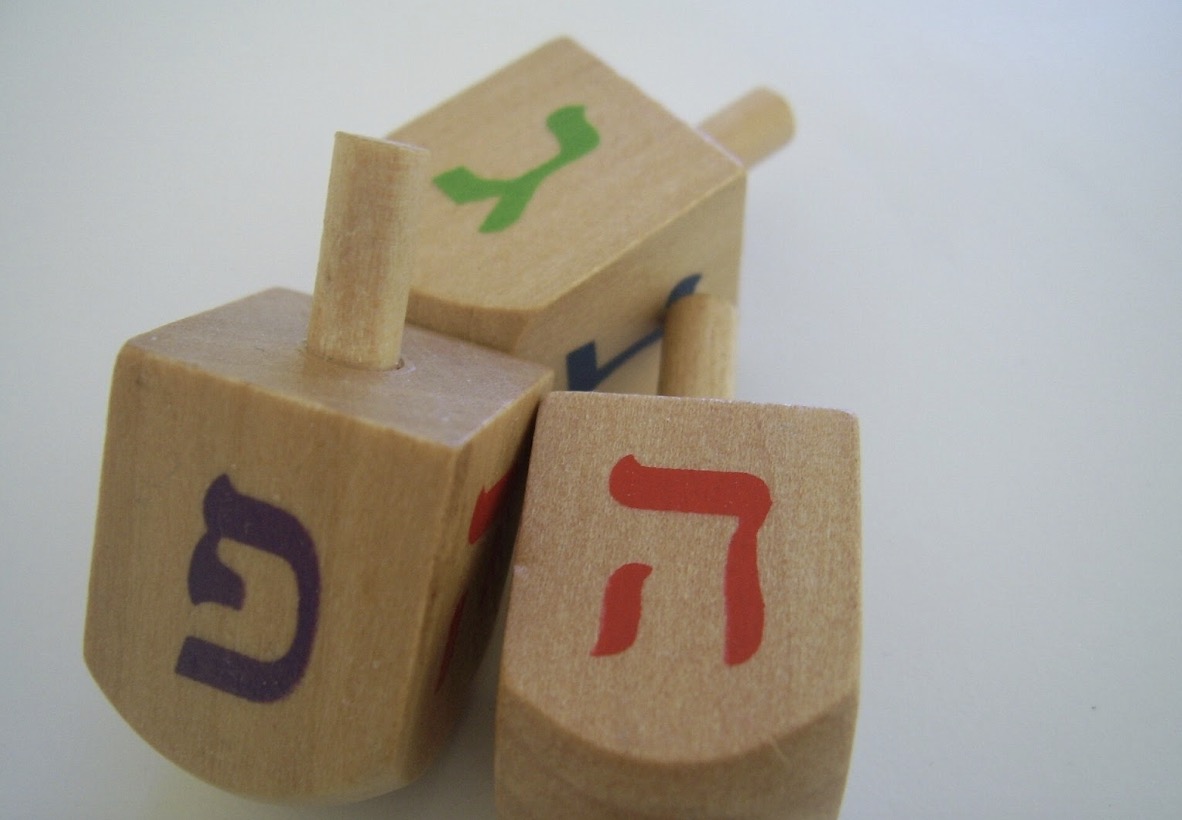When we think of Jewish holidays, the first ones that come to mind are usually Hanukkah, Passover, and Rosh Hashanah. However, there is so much more to these holidays than dreidels, latkes, and matzah balls. In fact, these celebrations have a rich history and many intriguing traditions that may surprise you.
From the stories behind famous dishes to lesser-known facts about their origins, this post will delve into the fascinating world of Jewish holidays and uncover some interesting tidbits that you probably didn’t know about before. Get ready to expand your knowledge and gain a deeper understanding of these important cultural events.
Reader's Roadmap
Sukkot
Also known as the “Feast of Tabernacles”, Sukkot is a joyful holiday that commemorates the Israelites’ journey in the desert after their exodus from Egypt. During this week-long celebration, families build sukkahs (temporary shelters) and eat meals inside them, symbolizing the dwellings used by the Israelites during their time in the desert. But did you know that Sukkot is also a harvest festival? In ancient times, people would bring their first fruits to the Temple in Jerusalem as a thanksgiving offering. Today, this tradition is still observed through the practice of waving the lulav and etrog (palm frond and citrus fruit) during synagogue services.
Purim
Purim is a joyous holiday that commemorates the salvation of the Jewish people from a plot to destroy them in ancient Persia. People dress up in costumes and bake and exchange triangular-shaped cookies called hamantaschen, representing the evil Haman’s hat.
This celebration may seem like a fun and lighthearted holiday, but it actually has a deeper meaning. The name “Purim” comes from the word “our”, which means lottery. This refers to the fact that Haman used a lottery to determine the date of his planned genocide of the Jews. Through divine intervention and the bravery of Queen Esther, their plans were foiled and the Jewish people were saved.
Shavuot
Shavuot is a meaningful Jewish holiday that commemorates the day when the Torah was given at Mount Sinai. To celebrate this momentous occasion, many Jews participate in all-night study sessions, delving deep into the teachings of the Torah. It is a time when the community comes together to reflect on the significance of the Torah’s teachings and to recommit to living a life in accordance with its values.
Shavuot is also marked by the consumption of dairy products, which symbolize the land of Israel that is described as flowing with milk and honey in the Torah. These simple yet profound traditions serve to connect Jews to their rich history and the powerful message of this iconic text.
Yom Kippur
The “Day of Atonement” or Yom Kippur is considered to be the holiest day in the Jewish calendar. It is a time for deep introspection, repentance, and forgiveness. Many Jews fast for 25 hours and spend the entire day in prayer and contemplation, seeking forgiveness from God and their fellow human beings.
The observance of this solemn day requires believers to engage in introspection and seek forgiveness for their wrongdoings. With this in mind, Yom Kippur serves as an opportunity for individuals to renew their commitment to lead a morally and ethically upright life. The day is marked by a sense of solemnity, and those who observe it pay great heed to its observances, seeking to restore their connection with their faith.
Simchat Torah
Simchat Torah is a celebration of the end and beginning of the annual reading of the Torah. It is marked by joyous dancing and singing as people parade around the synagogue carrying the Torah scrolls.
One lesser-known fact about Simchat Torah is that it was once celebrated in two separate holidays, Shmini Atzeret and Simchat Torah. Over time, these holidays were combined into one, culminating in the joyous celebration we know today. This holiday serves as a reminder of the importance of continually studying and learning from the Torah as well as rejoicing in its teachings.
Tu B’Shvat
Tu B’Shvat is known as the “New Year of the Trees” and is often referred to as the Jewish Arbor Day. On this day, Jews celebrate nature and their connection to the land of Israel. While it may seem like a simple holiday, Tu B’Shvat has deep roots in Jewish law. It was traditionally observed as a marker for tithing fruits, and today it is customary to eat a variety of fruits and nuts, particularly ones that are native to Israel.
Additionally, Tu B’Shvat serves as an opportunity for Jews to reflect on their impact on the environment and make efforts towards conservation. This holiday reminds us of our responsibility to care for the Earth and its resources, emphasizing the importance of sustainability in our modern world.

In exploring the depth and diversity of Jewish holidays, we uncover the rich tapestry of tradition, commemoration, and values that have been passed down through generations. These celebrations go beyond mere observance, embedding within them lessons of resilience, gratitude, devotion, and environmental stewardship. Through understanding and respecting these traditions, we can find common ground in the universal pursuit of spiritual growth, community, and the betterment of our world.







Leave a Reply
View Comments